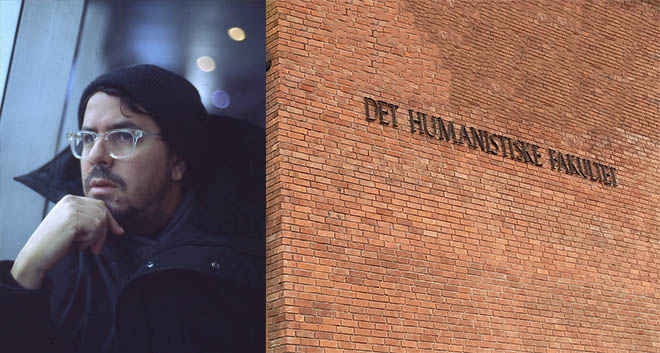
This thesis offers a cultural history of contemporary speculative fiction (SF) practices in Latin America, arguing that some of their elements become entangled with new ways of acting politically and building collectives to stake common claims. These practices not only critique the very substance of discourses on futurity, as expressed in a range of narratives from SF to policy making and even political parties, but also use the properties of SF to sustain and renew longstanding traditions of grassroots activism.
Considering that SF (undringslitteratur in Norwegian) as a mass-cultural genre already catalyzes multiple intersecting planes like temporality, space, identity, technology, knowledge regimes, narrativization, visuality, emotion, and the social production of collective meaning, this thesis argues that it can help find solutions to problems and reopen possibilities, a feature theorized here as the “heuristic function” of SF. Based on ethnographic research of Brazilian Afrofuturism, Andean Futurism, Mexafuturism, and other Latin American speculative communities, including over 115 interviews and travel to 10 different countries, the thesis shows how they recognize the world-making power of SF and engage with the heuristic function as an aesthetic-political practice connected to the production and reception of diverse cultural products but not limited to them.
Either through the struggle against the lingering effects of colonialism and racism in Brazil and Bolivia, or to raise awareness of feminicide in Chile or Mexico, or to make literature publishing freer and more inclusive all over the continent, these communities of practice can be called speculative communities, and their speculative methods of genre genesis and genre infrastructure can further the enactment of desired presents and futures.
Although other socially important pathways also intervene in the complex negotiation process between imagination and action, like the imaginaries of nation-states or technoscientific collectives, or the methods of architecture and design, the specific ways in which speculative communities go about their work can teach us that just imagining is not enough: we must imagine critically and with deep attention to purpose.
The debate is open to the public and will be streamed.
Trial lecture
The designated topic will be announced on Thursday 5 September 2024
Time and place: Thursday 19 September 2024, 4.15 pm, Sophus Bugge's house auditorium 2
The trial lecture is open to the public and will be streamed.
Evaluation committee
- Professor M. Elizabeth Ginway, University of Florida (first opponent)
- Professor Edward King, University of Bristol (second opponent)
- Professor Jacob Høigilt , University of Oslo (committee administrator)
Chair of the defence
-
Head of Department Rune Svarverud , University of Oslo
Supervisors
- Associate Professor Bodhisattva Chattopadhyay , University of Oslo